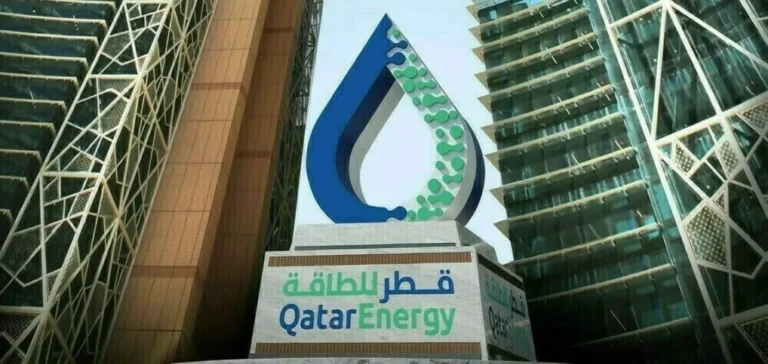QatarEnergy has reached an agreement to acquire a 27% stake in the North Cleopatra block, located in the Mediterranean Sea off the Egyptian coast. The deal was announced in a company statement on October 5. Shell will remain the project operator with a 36% share, while Chevron also holds 27%, alongside state-owned Tharwa Petroleum Company with 10%. The transaction is pending regulatory approval from Egyptian authorities.
A strategic zone in the Mediterranean
The North Cleopatra offshore block covers an area of more than 3,400 km² in the Herodotus Basin, with water depths reaching 2,600 metres. The zone has been considered highly promising since the 2015 discovery of the Zohr field nearby, one of the largest gas fields ever found in the Mediterranean.
QatarEnergy’s entry into the project comes as Egypt intensifies offshore exploration efforts. Since 2021, several tenders have led to new contract signings, including a series in 2025 totalling $340mn. These agreements include the drilling of around ten wells in the Nile Delta and Mediterranean Sea, with participation from international players such as BP, Eni, Shell, and the Egyptian Natural Gas Holding Company (EGAS).
A multi-regional expansion strategy
QatarEnergy, the national oil company of Qatar, is accelerating its international growth strategy through targeted acquisitions in Africa and the Eastern Mediterranean. In Egypt, this deal adds to its presence in the North El-Dabaa block with Chevron and its collaborations with ExxonMobil on the North Marakia and Cairo Offshore blocks.
Across Africa, QatarEnergy has recently acquired 24% of South Africa’s 3B/4B block, 40% in Mauritania’s C-10 block, and 35% in the Nzombo offshore block in Congo. In Namibia, the company reinforced its position in block 2913B following crude oil discoveries in 2022.
Egypt’s energy security priorities
Egyptian authorities are seeking to offset natural declines in mature gas fields and maintain export volumes from the liquefied natural gas (LNG) terminals in Damietta and Idku. These facilities are central to the country’s energy strategy, with significant economic and geopolitical implications amid current global gas market dynamics.






















